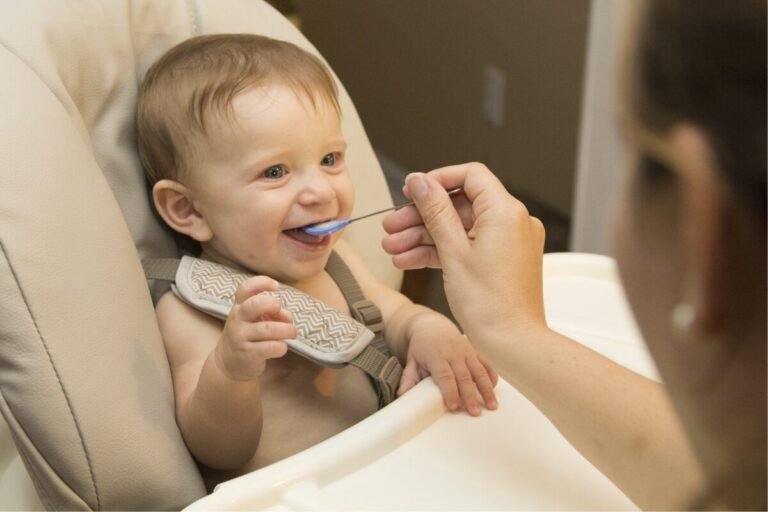April 7, 2024
Maryland has become the second state in the country to enforce testing of baby food products for harmful heavy metals such as lead and arsenic. Delegate Deni Taveras, a scientist, and her Chief of Staff, Jason Nunez, a father, crafted the bill after investigations by Spotlight on America. The Spotlight team has shed light on baby food contamination, highlighting the lack of regulations by Congress and the FDA on heavy metal levels, which pose a risk to children’s neurological development.
Starting January 2026, the law will necessitate a QR code on labels displaying testing outcomes. Consumers can then scan the code with their phones to access information regarding contaminants in baby food products.
California led the way by implementing a similar law on baby food testing effective from January 1st.
The legislation in Maryland is named after 18-month-old Rudy Callahan, poisoned by lead in WanaBana cinnamon applesauce pouches. An international investigation is underway regarding these pouches containing lead levels 2,000 times higher than safety standards. Over 500 individuals, predominantly toddlers like Rudy, have experienced lead poisoning across 44 states.
Rudy is currently under monitoring post-exposure, but the long-term impact on his development due to lead’s neurotoxic effects remains uncertain as he already displays signs of speech delays.
Reports indicate that at least six other states are considering legislation akin to Maryland’s. Meanwhile, federal standards for baby food manufacturers and FDA restrictions on toxic heavy metals in baby food are yet to be established.

